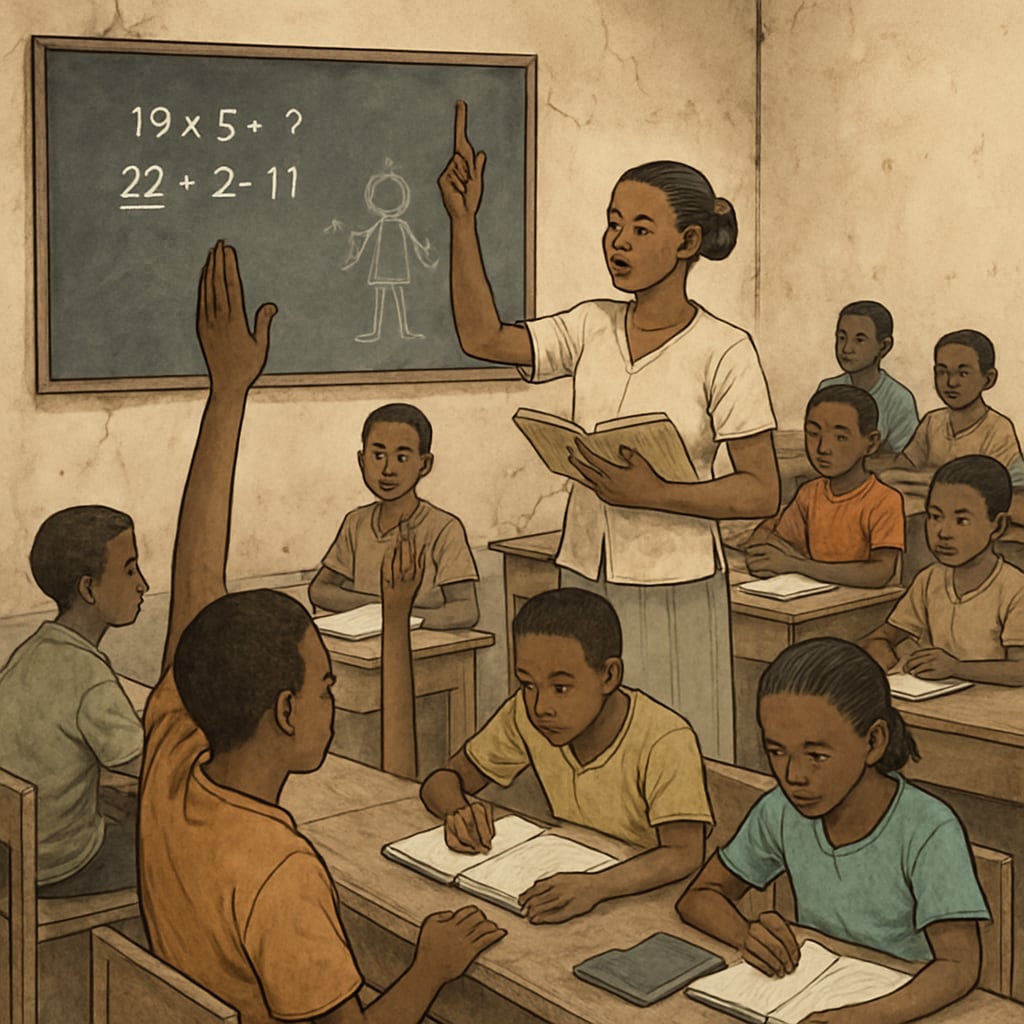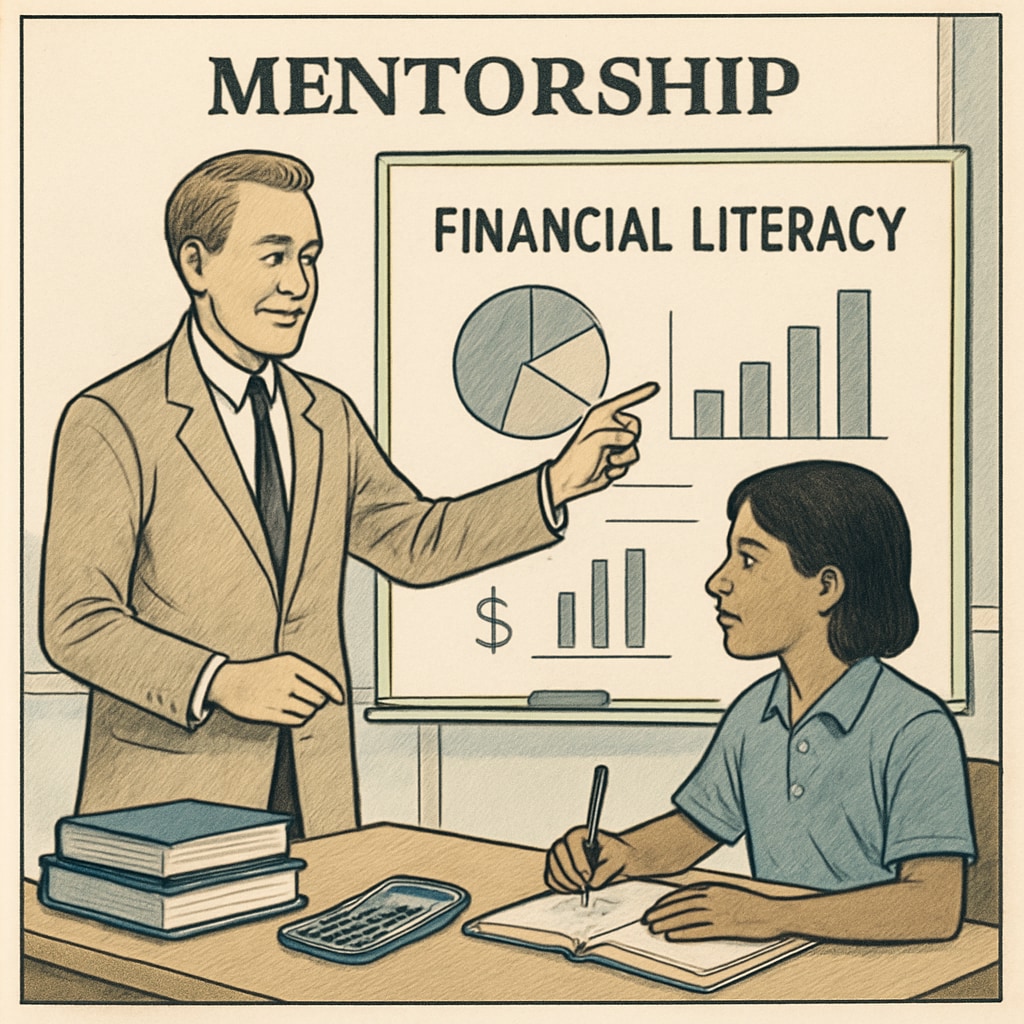Pursuing a financial career in developing nations like Mali presents unique challenges and opportunities. While the financial sector offers promising prospects, students in these regions often face systemic barriers, such as limited educational resources and exposure to global perspectives. This article examines how K12 education systems in developing countries can equip students with the tools needed to overcome these hurdles and explore international career paths in finance. By fostering global mindsets and prioritizing early academic planning, these systems can open doors to a world of opportunities.
Challenges in Pursuing Financial Careers in Developing Nations
The financial sector is a highly competitive field that requires both technical expertise and a global perspective. In many developing countries, students face significant obstacles in accessing the quality education necessary to succeed in this domain. For example, in Mali, disparities in educational infrastructure and resources hinder students from acquiring foundational knowledge in subjects like mathematics, economics, and critical thinking.
Additionally, the lack of exposure to international financial systems and career pathways limits students’ aspirations. Without guidance and access to information about global opportunities, many talented individuals remain confined to local job markets. This, in turn, perpetuates economic stagnation in already underdeveloped regions.

How K12 Education Can Bridge the Gap
Despite these challenges, K12 education systems have the potential to serve as a transformative force. By integrating key elements like financial literacy, technological skills, and international awareness into the curriculum, schools can prepare students for the demands of the global job market. Below are several strategies that K12 education systems in developing nations can adopt:
- Financial Literacy Programs: Introducing basic financial concepts at an early age helps students develop an understanding of money management, investments, and global economics.
- Access to Technology: Providing access to computers and the internet can connect students with online learning platforms, enabling them to explore international financial systems and career opportunities.
- Language Proficiency: Enhancing English language education equips students to access global resources and communicate effectively in international settings.
- Mentorship and Career Guidance: Partnering with financial professionals to mentor students can inspire and guide them toward successful careers.
These interventions not only address skill gaps but also empower students to envision themselves as participants in a global economy.
The Role of International Collaborations
International partnerships can further enhance K12 education in developing nations. For example, exchange programs and collaborations with foreign institutions provide students with firsthand exposure to other cultures and professional environments. Scholarships and internships designed for underprivileged students can also offer a pathway to higher education and career opportunities abroad.
For regions like Mali, such initiatives are particularly impactful. Organizations and governments can work together to fund programs that prioritize education equity. Additionally, leveraging digital tools to deliver online courses or virtual internships can make international exposure more accessible to students in remote areas.

Looking Ahead: A Call to Action
To unlock the full potential of students in developing nations, concerted efforts are needed from educators, policymakers, and global organizations. By prioritizing K12 education reforms that emphasize financial literacy, global perspectives, and technological access, we can cultivate a generation of professionals equipped to thrive in international financial markets.
In conclusion, the path to a financial career for students in countries like Mali is fraught with challenges, but it is not insurmountable. With strategic changes to the K12 education system and support from the global community, these students can overcome barriers and achieve their aspirations. By cultivating a global mindset early on, we can ensure that no talent goes unnoticed, regardless of geographic or economic constraints.
Readability guidance: This article uses short paragraphs, lists, and clear transitions to maintain readability. It avoids excessive jargon and balances technical insights with actionable suggestions, ensuring accessibility for a broad audience.


